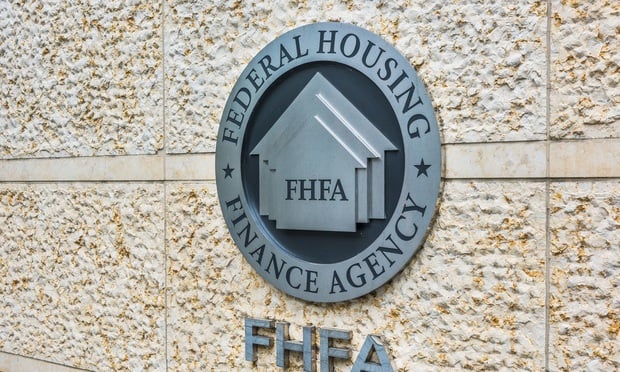Local building owners know how all the dot-coms and relatedfirms have driven OC's commercial real estate market over the pastfew years. But lately, owners and brokers alike have become moreskeptical when such firms begin trolling for new space.
Just as Wall Street has punished many Internet firms for notturning a profit, devalued their stocks and made it difficult forthem to tap new sources of capital, so too have landlords tightenedtheir credit requirements. Many owners now ask to see not onlyfinancial statements, but also business plans and other informationonce off-limits to all but company insiders.
"The problem [with prospective dot-com tenants] is that youdon't know whether they will be around next year, let alone nextmonth," John Hall, a Lee & Associates broker, tellsGlobeSt.com. "It doesn't take a rocket scientist to see what'sgoing on with the stock market."
Continue Reading for Free
Register and gain access to:
- Breaking commercial real estate news and analysis, on-site and via our newsletters and custom alerts
- Educational webcasts, white papers, and ebooks from industry thought leaders
- Critical coverage of the property casualty insurance and financial advisory markets on our other ALM sites, PropertyCasualty360 and ThinkAdvisor
*May exclude premium content
Already have an account?
Sign In Now
© 2024 ALM Global, LLC, All Rights Reserved. Request academic re-use from www.copyright.com. All other uses, submit a request to [email protected]. For more information visit Asset & Logo Licensing.








